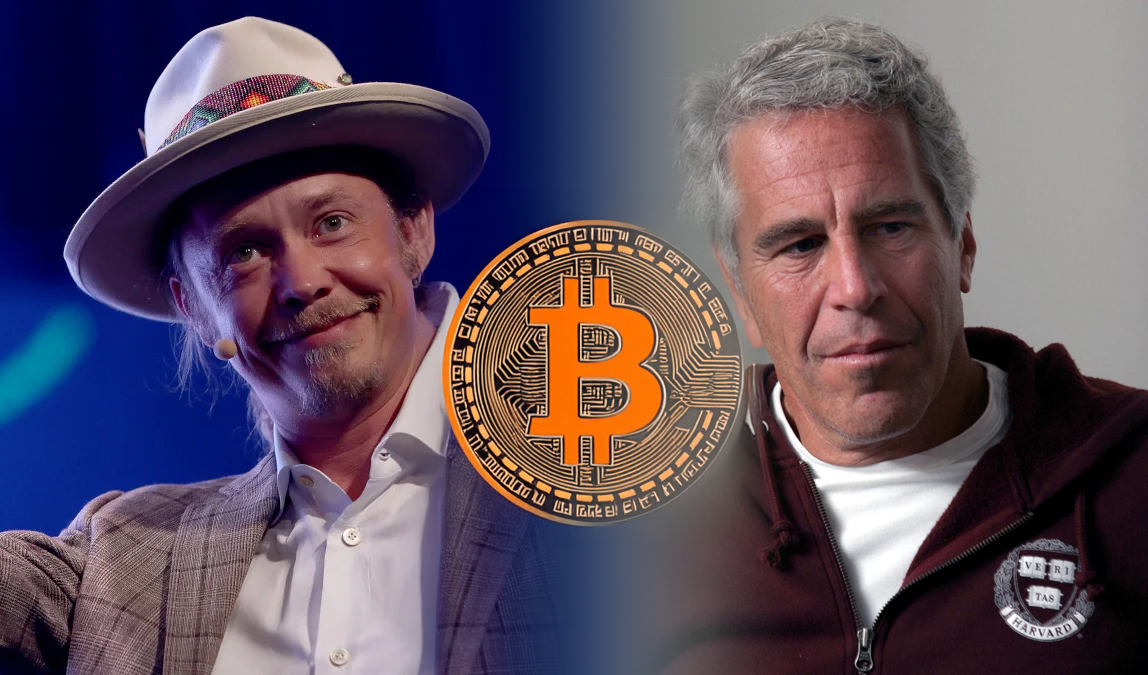Epstein Emails Uncover Early Bitcoin Talks Involving Brock Pierce and Larry Summers

Fresh documents from the U.S. House Oversight Committee shed light on a private gathering at Jeffrey Epstein's Manhattan townhouse, where cryptocurrency pioneer Brock Pierce shared insights on Bitcoin with former Treasury Secretary Larry Summers. The emails, part of a larger trove released this week, date back to 2015 and involve correspondence between Epstein and Alex Yablon, a writer for New York Magazine. This exchange hints at a planned story that never saw publication, capturing a moment when Bitcoin remained an emerging technology drawing curiosity from established figures in finance and policy.
The meeting between Epstein, Summers, and Pierce unfolded in the dining room of Epstein's upscale Manhattan residence, long after his 2008 conviction as a sex offender. Pierce, known for his early investments in digital assets and as a co-founder of the stablecoin platform Tether, positioned himself as a leading voice in Bitcoin's growth. Summers, who once led Harvard University and shaped economic policy under two presidents, engaged thoughtfully, weighing the asset's promise against personal risks.

Insights from the Unreleased Draft Article
The unreleased draft from Yablon's emails paints a vivid picture of the encounter, with Epstein himself pausing the conversation to usher in Summers. Pierce's explanation of Bitcoin stood out for its clarity, prompting Epstein to interrupt briefly as the former official arrived, drawn immediately into the discussion over chocolates and Diet Coke. This snapshot reflects Bitcoin's early allure, when its potential to reshape money drew interest from unlikely corners, even amid Epstein's controversial circle.
Summers expressed a measured enthusiasm after absorbing Pierce's pitch. He acknowledged clear opportunities in the space but voiced a practical hesitation tied to the volatility of such investments. For someone of his stature, the downside extended beyond financial loss to questions of public perception and credibility, a concern that echoed broader skepticism toward cryptocurrencies at the time.
Direct from the email, the draft article reads:
Epstein summons in the next person cooling his heels in the ante-room. It’s a young man named Brock Pierce, a former child actor, and dotcom high flyer—a principle in a gaming company called DEN, a notorious dotcom burnout, with its own sex scandal—who is now a leading investor in Bitcoin. He describe himself as the “the most active investor in the field.”
And, indeed, is the first clear explanation I actually get about Bitcoin. It is so good that Epstein stops him and checks to see if his next appointment is here. And seconds later, Larry Summers, the former treasury secretary and President of Harvard, enters the dining room. Summers, off Diet Coke, digs deep into the Sheikh’s chocolates, focuses in on the Bitcoin investor.
“Okay,” he says, after listening for a bit, “I have opportunities here. But an additional feature of my decision problem roughly speaking is that the worst that could happen to you is that you could lose all the money you put into it. Whereas, I could go—I mean I don’t look that great now—but I could go from being seen as a figure of some probity and some intelligence to being a figure of much less intelligence and much less probity…”
“Well,” says Pierce in some dramatic understatement, “you are going to have some low quality characters playing early in the space…”
These details emerge after the committee's release of the treasure trove of Epstein emails, offering a window into his network during Bitcoin's formative years. BTC traded below $300 in 2015, far from the peaks it would later reach, yet it already sparked debates among elites about innovation and risk. Epstein's role as a connector becomes evident here, linking tech entrepreneurs like Pierce with policymakers who could influence the industry's trajectory.
Pierce's ties to Epstein have surfaced in prior reports, including a 2011 trip to the U.S. Virgin Islands for a conference titled Mindshift, organized by the financier under the guise of scientific discourse. That event gathered thinkers and investors, much like the Manhattan meeting, blending intellectual pursuits with Epstein's personal ambitions. For Pierce, these interactions aligned with his push into blockchain ventures, where access to influential contacts proved invaluable as he built Tether and backed other crypto initiatives.
A representative for Pierce addressed these associations in a 2019 statement, clarifying that their exchanges centered on cryptocurrency topics. They noted occasional sightings at industry gatherings, alongside numerous other notables in the field. This week's disclosures add depth to that narrative, suggesting Epstein facilitated introductions that could bridge the gap between Silicon Valley disruptors and Washington insiders.
Stay In The Loop and Never Miss Important Bitcoin News
Sign up and be the first to know when we publishThe emails also highlight Yablon's role in chronicling Epstein's post-conviction life, with the draft capturing raw exchanges that might have shaped public views on Bitcoin's legitimacy. Summers' candid remarks, for instance, reveal a tension familiar to many early adopters: excitement tempered by caution in an unregulated frontier. As Bitcoin evolved into a trillion-dollar market, such moments remind people of its unconventional path, from fringe discussions in private homes to global financial staple.
Epstein's estate continues to yield records under congressional scrutiny, prompting reflections on how power and proximity influenced the crypto boom's hidden dynamics. For Pierce, whose career spans film production to digital finance, these revelations highlight the complex web of relationships that helped to propel Bitcoin forward. Lawmakers' ongoing review ensures more layers of this story may soon come to light, enriching the historical account of cryptocurrency's rise.
We created an Epstein Bitcoin Email archive to go through all the newly released Epstein emails relating to Bitcoin, cryptocurrency, and blockchain, to search through all the communications for important information relating to this topic. Try it out!

